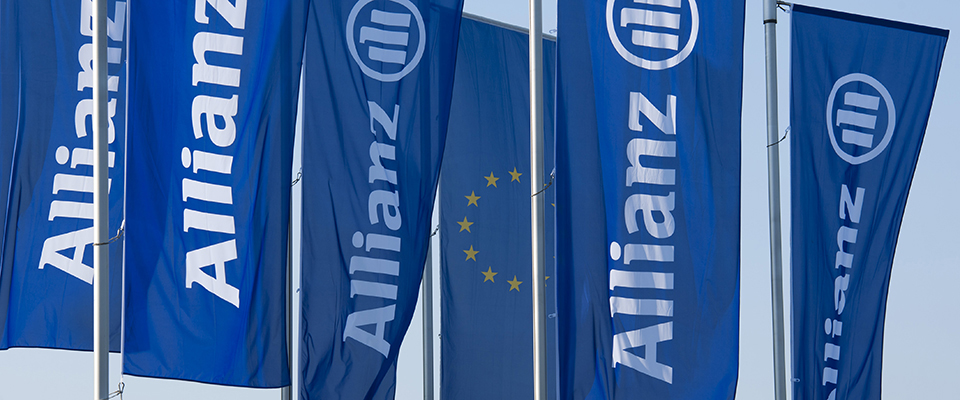Record prices at gas stations, soaring costs in the supermarkets, and a growing feeling of emptiness in our wallets: inflation continues to have a firm grip on many across the world, with no clear end in sight. But what exactly is the current situation on the cost of living in Europe? Is everything really getting more expensive? And what can businesses and households do to tackle inflation and manage higher food prices?
Someone facing these questions head on is Andreas Jobst, Head of Macroeconomic and Capital Market Research Allianz SE. In our 5 questions interview, he provides clarity on the topic of currency devaluation and price increases, while also giving us an outlook for the rest of the year. With the help of data from the Economic Research team, watch Andy’s take on the situation here:


